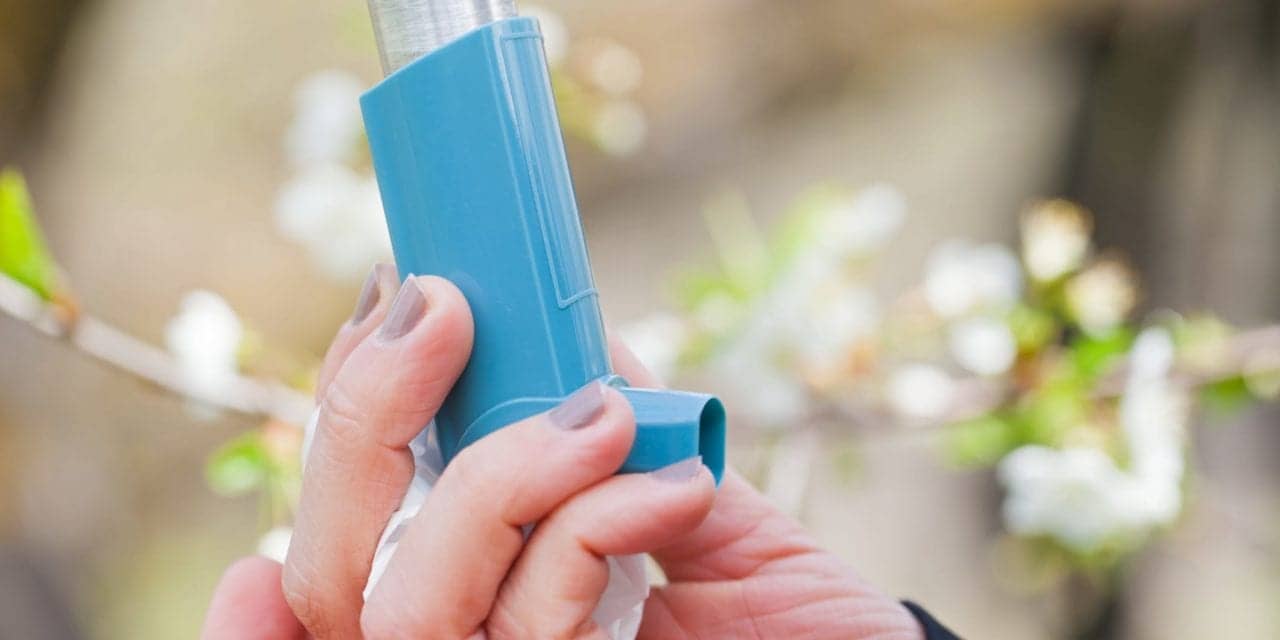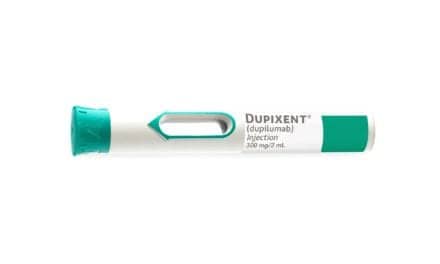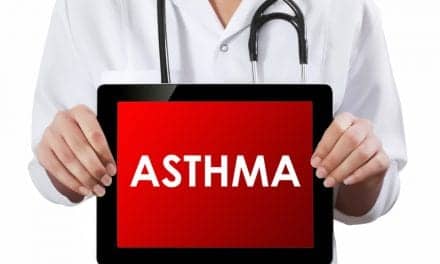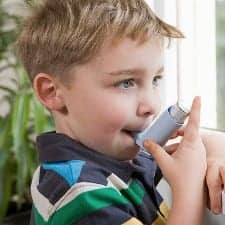Respiratory virus infections are the main trigger for asthma exacerbations in children, according to a study presented recently at the American Academy of Allergy, Asthma & Immunology Annual Meeting in Phoenix.
The COVID-19 pandemic has created a natural experiment to study how changes in respiratory virus transmission affect PAE. In the current study, investigators hypothesized that social distancing and other nonpharmaceutical interventions to prevent the spread of COVID-19 have reduced viral triggers for asthma exacerbation, thus leading to a reduction in critical asthma that is unrelated to changes in allergens and pollutants.
To test their hypothesis, the investigators conducted a retrospective analysis of PAE and respiratory virus testing at a quaternary hospital system from January 2014 through June 2021. PAE was identified in electronic medical records using continuous albuterol administration as a surrogate marker of critical asthma. The researchers found from 15 to 52 weeks after the Centers for Disease Control and Prevention had prescribed local implementation of nonpharmaceutical interventions for preventing the spread of COVID-19, weekly encounters for PAE decreased from an average of 64.7 for the period of 2014 through 2019 to 13.4 in 2020. Correspondingly, average respiratory virus positivity rates decreased from 56.5% for the period of 2014 through 2019 to 30.9% in 2020, even though pollen counts, mold counts, and the Air Quality Index did not change significantly in 2020.
The investigators also identified rhino/enterovirus, influenza, respiratory syncytial virus, seasonal coronavirus, adenovirus, Air Quality Index, and tree as being significantly associated with PAEs. However, the strongest associations were demonstrated between respiratory virus positivity rates and PAE volumes.










